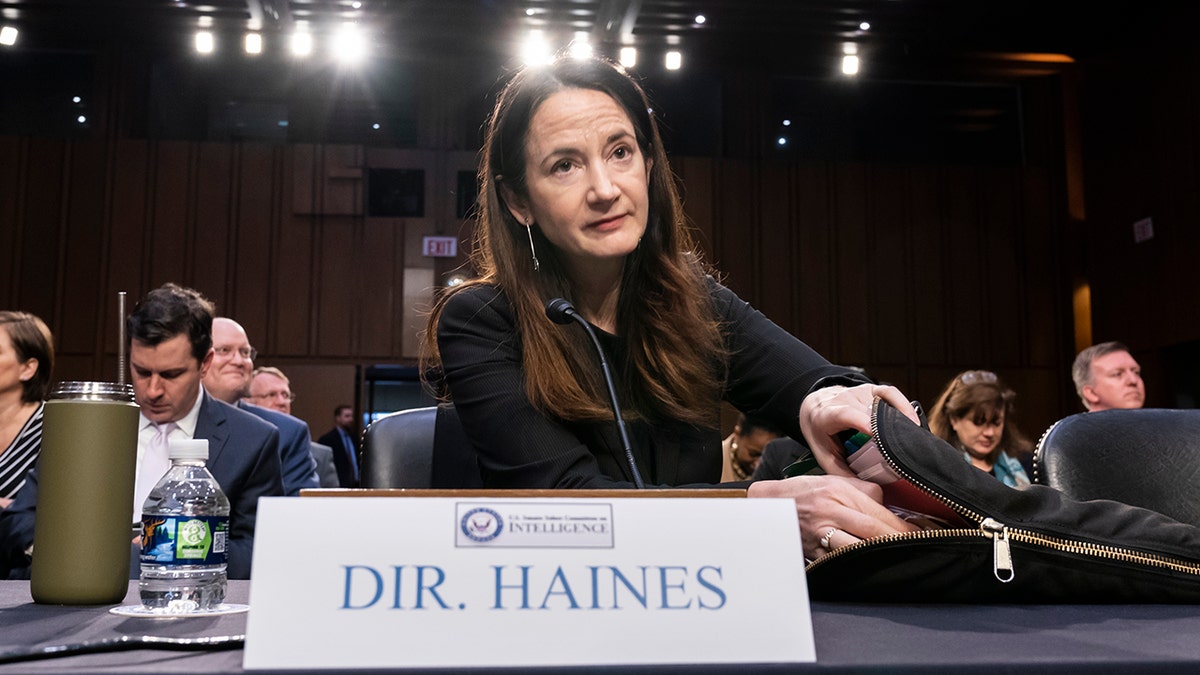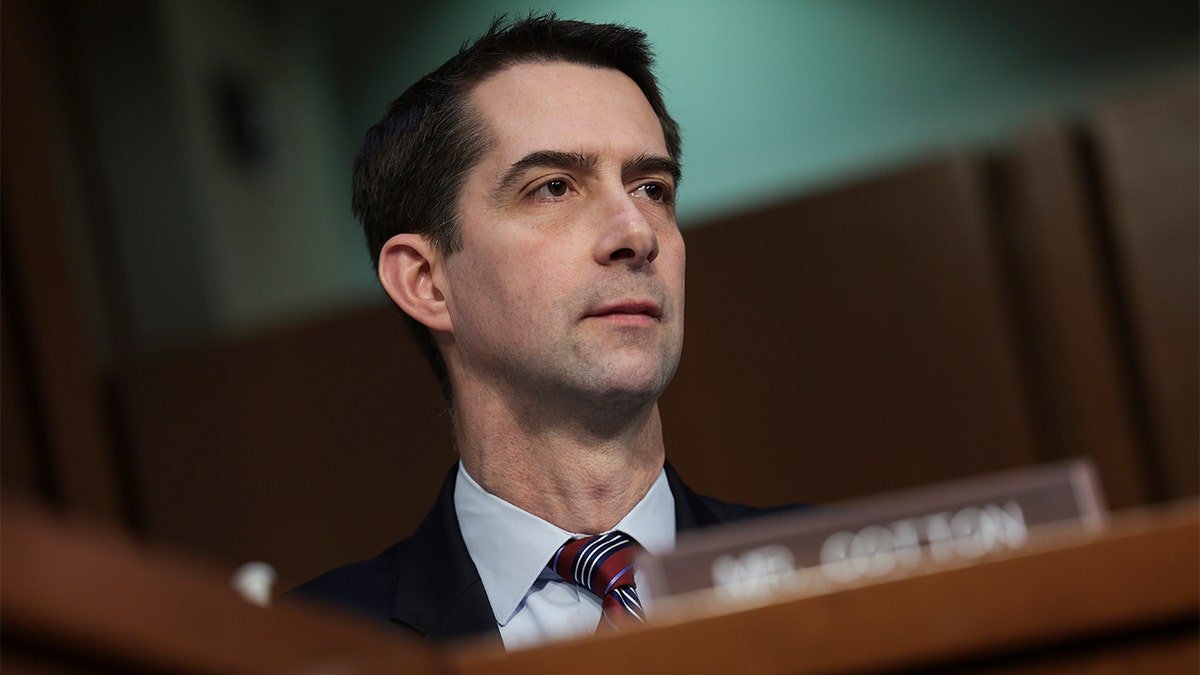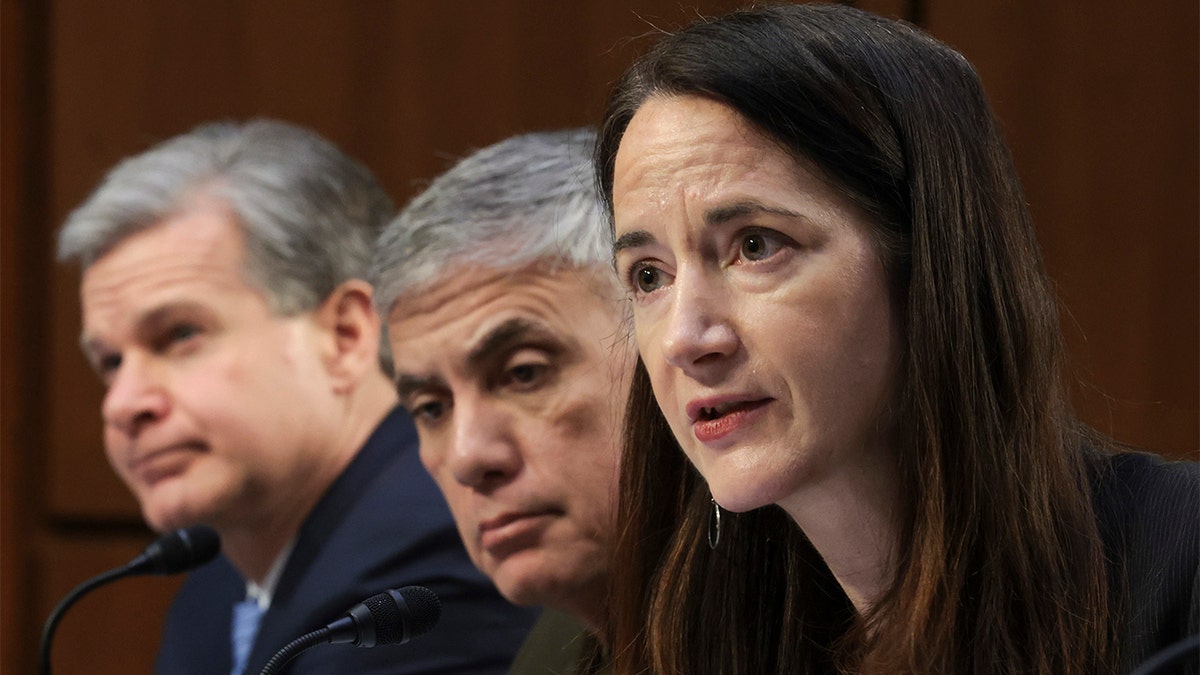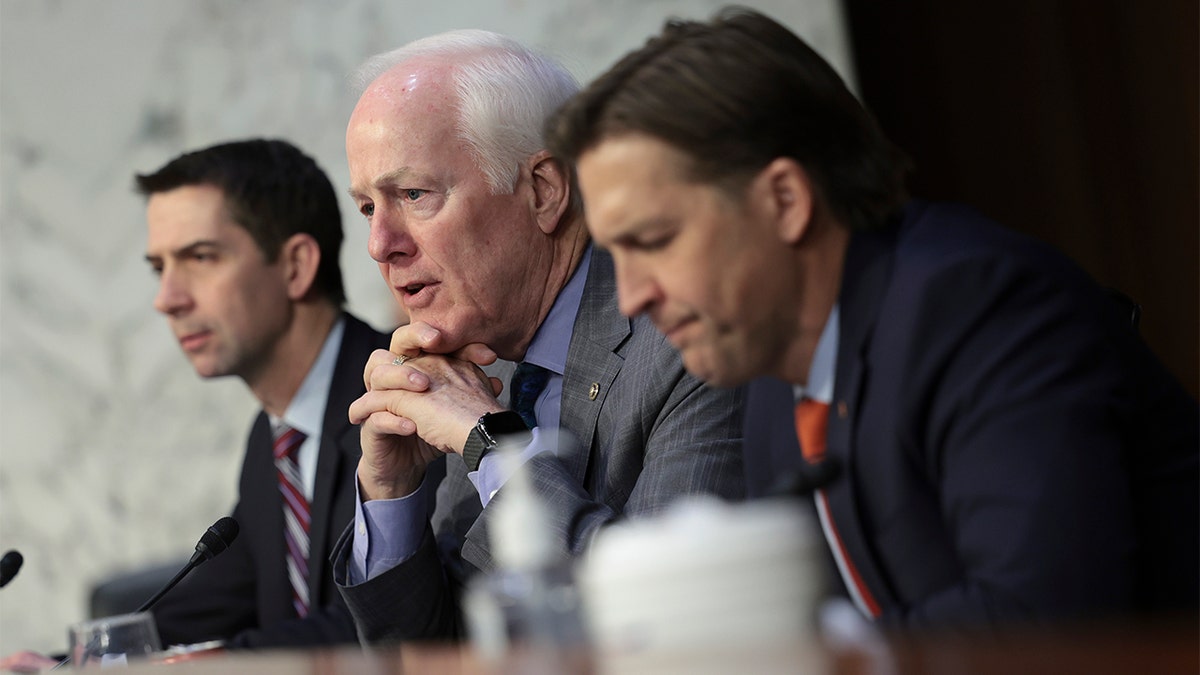Sen. Kennedy pushes back on US rejecting Poland's offer to send Ukraine warplanes: 'Give the man his planes'
Louisiana Senator John Kennedy joined 'The Faulkner Focus' to discuss President Biden's approach in dealing with the Russia-Ukraine war.
Republican senators are blasting the Biden administration's refusal to provide combat aircraft to Ukraine, expressing skepticism over the claim that such a move could escalate tensions between the U.S. and Russia.
Several members of the Senate Intelligence Committee called out the administration during a Thursday hearing, unsatisfied with what intelligence officials were saying.
Sen. Tom Cotton, R-Ark., noted that according to U.S. intelligence in January, Russia did not want "a direct conflict with the United States." Cotton doubted that this would have changed, considering the Russian military's struggling invasion of Ukraine.
"You think they're more likely to want a conflict now, after Vladimir Putin has seen the performance of his army?" Cotton asked Director of National Intelligence Avril Haines. "You think they're more likely to want a piece of us now than they were two months ago?"

Director of National Intelligence Avril Haines appears before the Senate Intelligence Committee for a hearing at the Capitol, Thursday, March 10, 2022. (AP Photo/J. Scott Applewhite)
Haines said it was not a question of Russia wanting a conflict, but perceiving the U.S. as "being in that conflict."
Cotton was not convinced, arguing that it appears that Putin "deterred" the Biden administration by claiming that transporting aircraft would be escalatory.
RUSSIA-UKRAINE WAR: LIVE UPDATES
"And if that's going to be our position, we might as well call the commanding general at Fort Lewis outside Seattle and tell him to take the flag down and surrender our position," Cotton said, positing that Putin will not stop in Ukraine or even Europe, but will go "all the way to the West Coast," if the U.S. backs off every time he issues a threat.

Sen. Tom Cotton listens to testimony from leaders of the intelligence community during a Senate hearing on March 10, 2022, in Washington. (Kevin Dietsch/Getty Images)
Cotton had asked for specific new information that would support the administration's position, but given the sensitive nature of the information Haines offered written material instead.
Sen. Ben Sasse, R-Neb., shared Cotton's skepticism, but opted to keep his questions for a closed session where the witnesses could speak more freely. He did weigh in on the matter, however, after calling Cotton's questions the most significant part of the hearing thus far.
"Vladimir Putin will embrace the idea that we might self-deter every time he issues a press release. And lawyerly hair-splitting about providing this kind of weaponry is not escalatory but providing that kind of weaponry is escalatory – I don't think we really believe that," Sasse said. "I think the administration is pushing the intelligence community to give them cover for lean forward decisions they don't want to be making."

FBI Director Christopher Wray, left, National Security Agency Director Gen. Paul Nakasone and Director of National Intelligence Avril Haines testify before the Senate Intelligence Committee on March 10, 2022, in Washington. (Kevin Dietsch/Getty Images)
Sen. Richard Burr, R-N.C., also took a cue from Cotton and questioned the logic behind the administration's decision-making. Burr noted that both the U.S. and Poland are part of NATO, so it is curious that the U.S. would give Poland a "green light" to transfer aircraft to Ukraine, but "changes their mind" when the planes are to come from American geography.
"I draw this conclusion: this is a policy decision," Burr said, noting that intelligence and policy are typically kept separate.

Republican Sens. (from left) Tom Cotton, John Cornyn and Ben Sasse listen to testimony from leaders of the intelligence community during a Senate hearing March 10, 2022, in Washington. (Kevin Dietsch/Getty Images)
CLICK HERE TO GET THE FOX NEWS APP
"My hope is that we haven't as an intelligence community put our finger on the scale of a policy decision that's been made," Burr said.
In response, Haines said she does not believe there is any "policy pressure" being put on intelligence analysts.














































